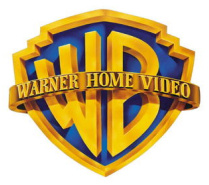 After a revelation last week of their abusing the DMCA takedown process, Warner Brothers went into damage control mode on Friday.
After a revelation last week of their abusing the DMCA takedown process, Warner Brothers went into damage control mode on Friday.
A physical or electronic signature of a person authorized to act on behalf of the owner of an exclusive right that is allegedly infringed
If further stipulates the notice must include a statement promising:
that the information in the notification is accurate, and under penalty of perjury, that the complaining party is authorized to act on behalf of the owner of an exclusive right that is allegedly infringed.
Even as they defended their actions, Warner Brothers admitted to relying on automated software to identify infringing content without double checking the results for errors. That software made the kind of mistakes you would expect from amateur programmers:
Warner admits that its records indicate that URLs containing the phrases ?The Box That Changed Britain? and "Cancer Step Outsider of the Box" were requested for takedown.
As ridiculous as Warner Brothers' defense of their DMCA takedown process is, this is much bigger than the Hotfile case. Perhaps more than any other case before it, the Hotfile lawsuit highlights the problem with shifting the burdern for identifying copyright infringement on service providers.
In their filing on Friday, Warner argued their process was not flawed because it was not practical for them to examine every file they believed to be infringing. Yet this is only a fraction of the responsibility they claim is trivial for service providers.
Under the SOPA bill proposed in the US House of Representatives (formerly known as E-PARASITE), service providers would be expected to identify infringement themselves, despite not having the inside knowledge the copyright holder possesses about who owns a work or what uses they have authorized.
Even the copyright holders, with more information than anyone else, can't even figure out for sure which files those are. No wonder they want to pass the buck to somebody else.













